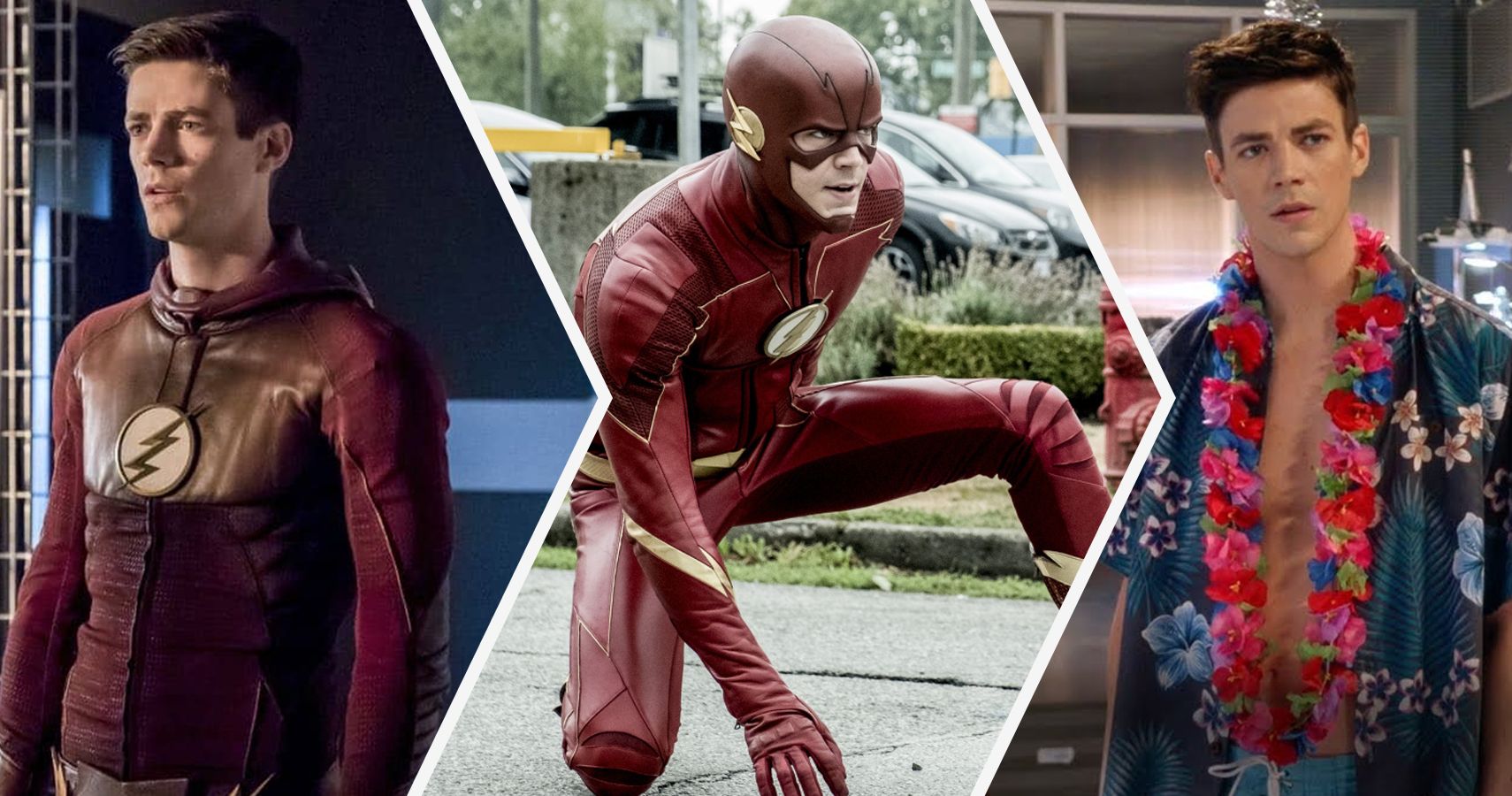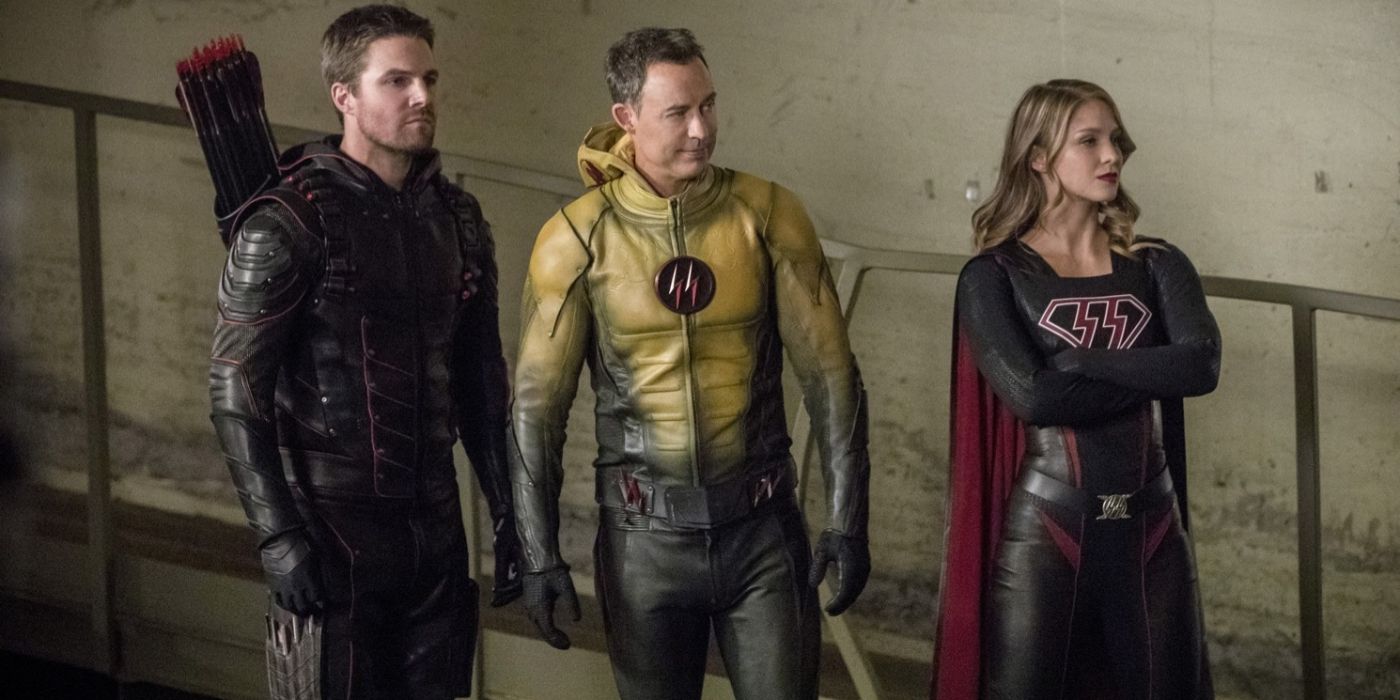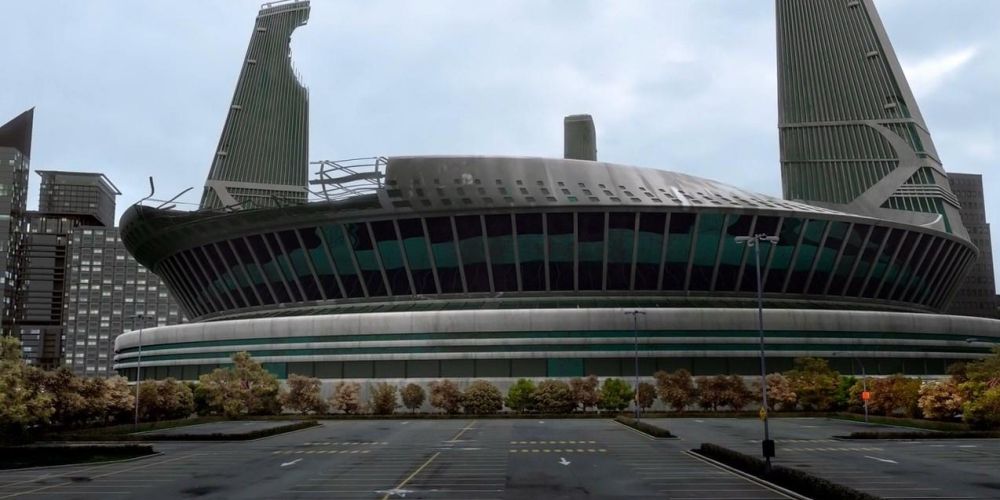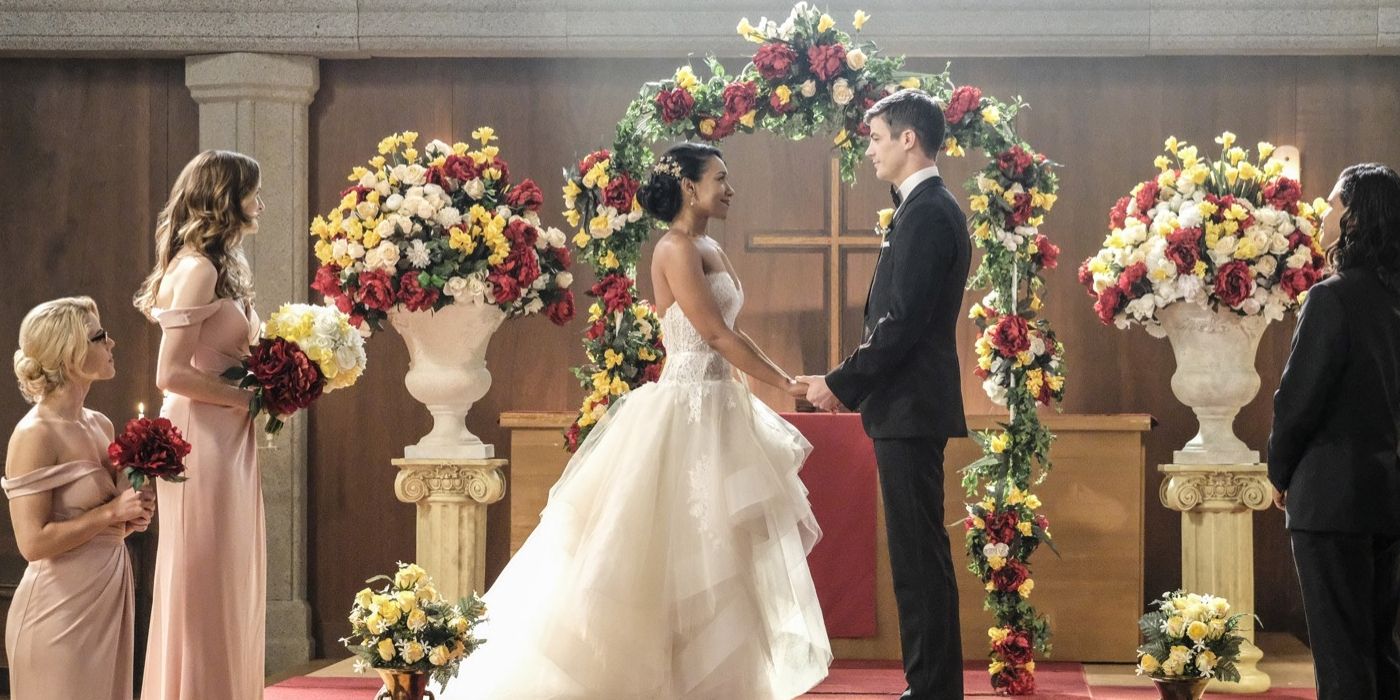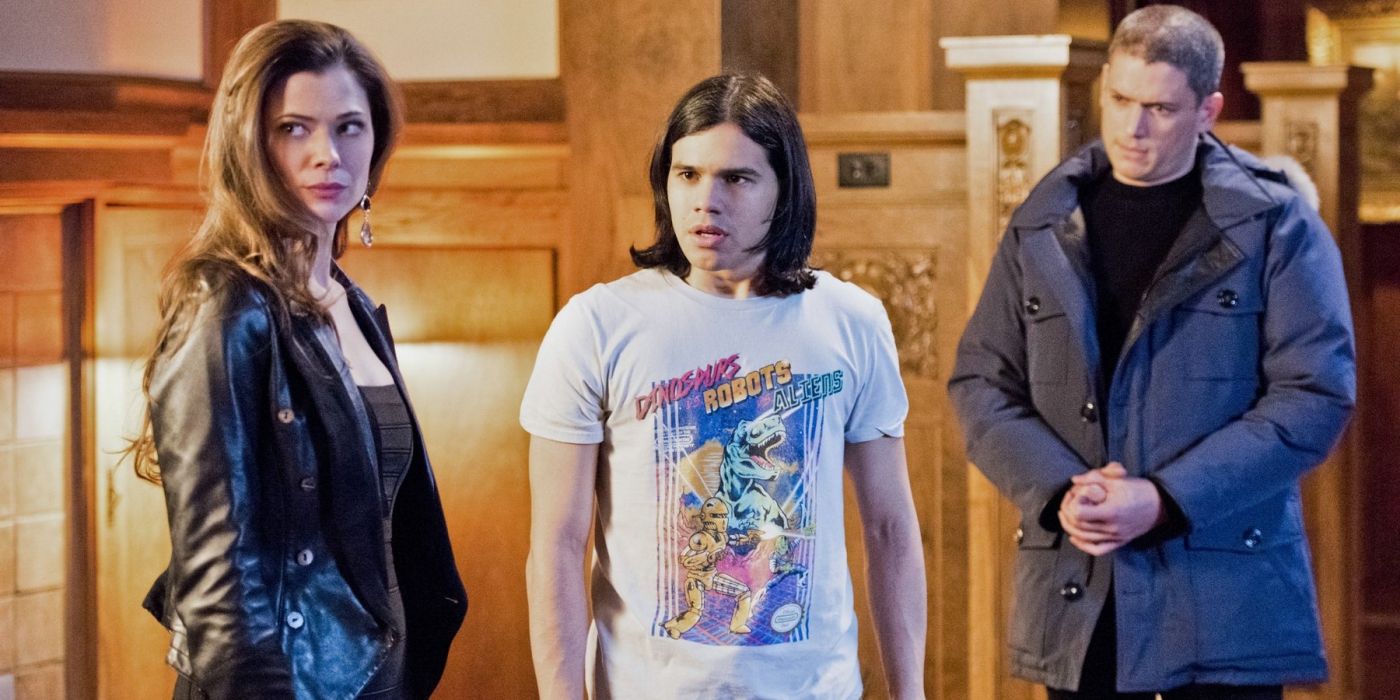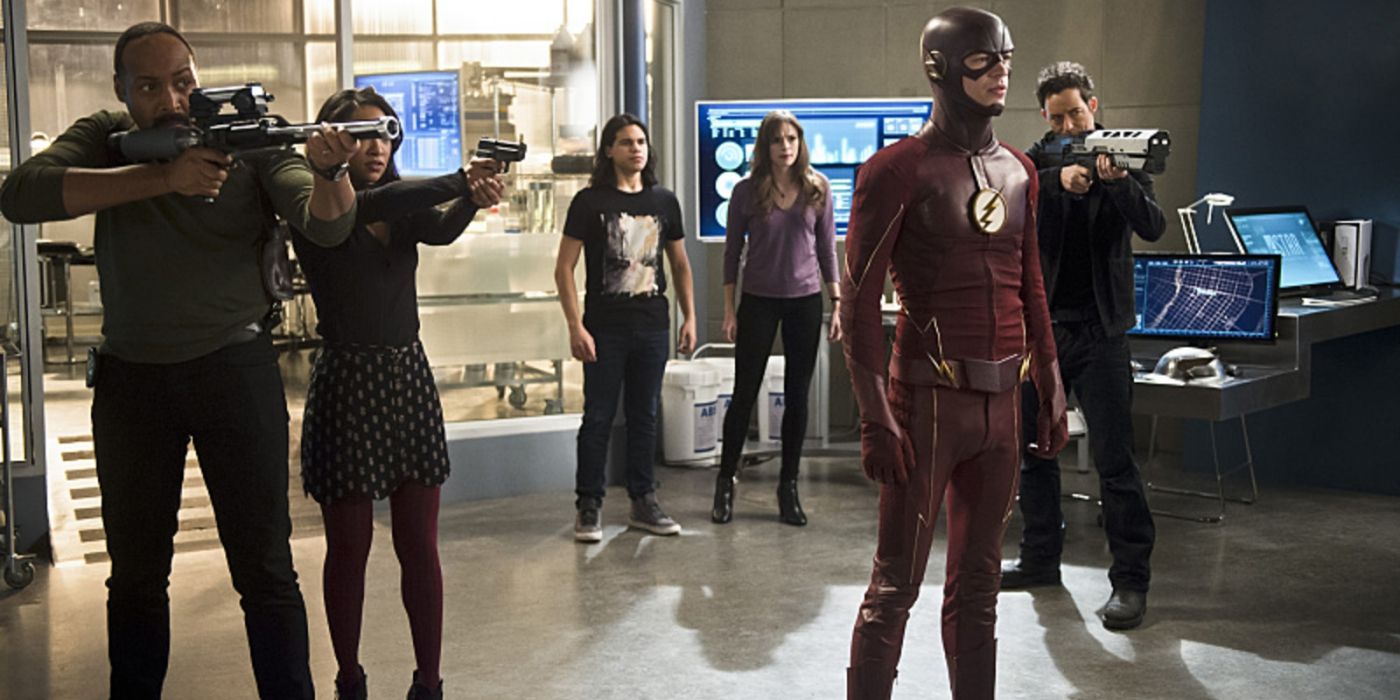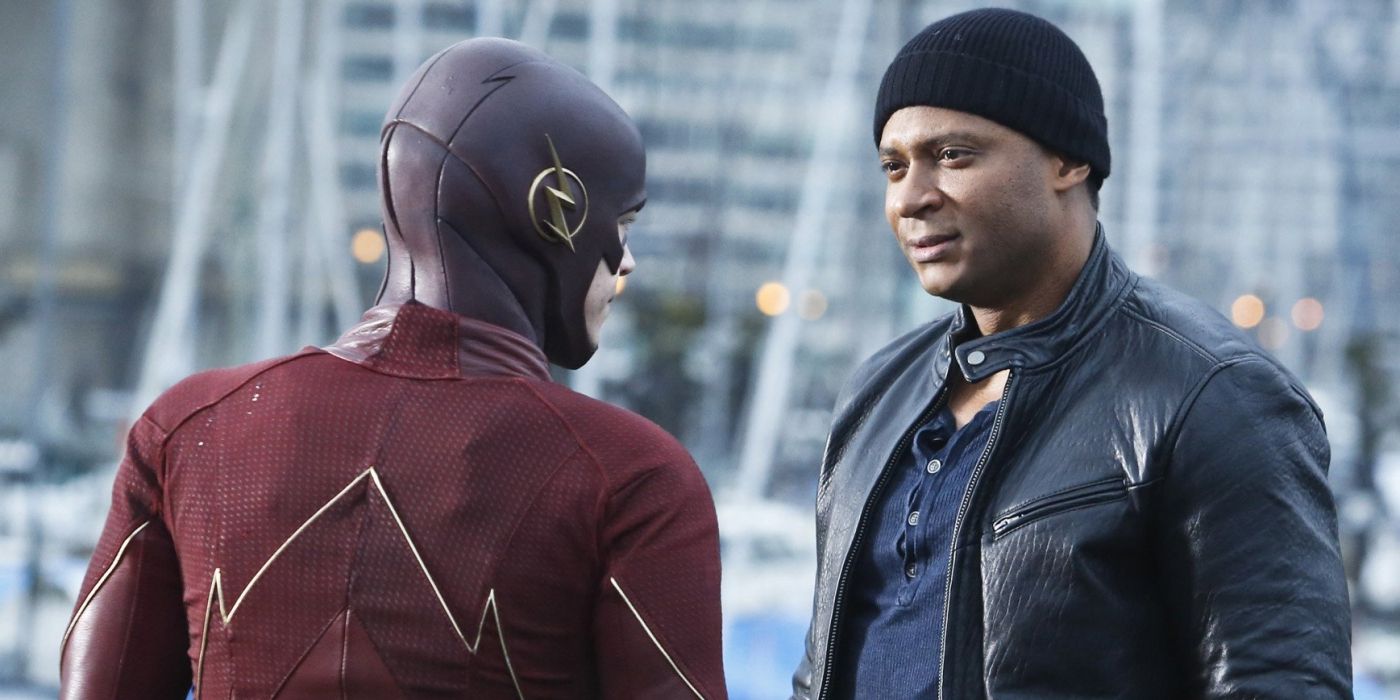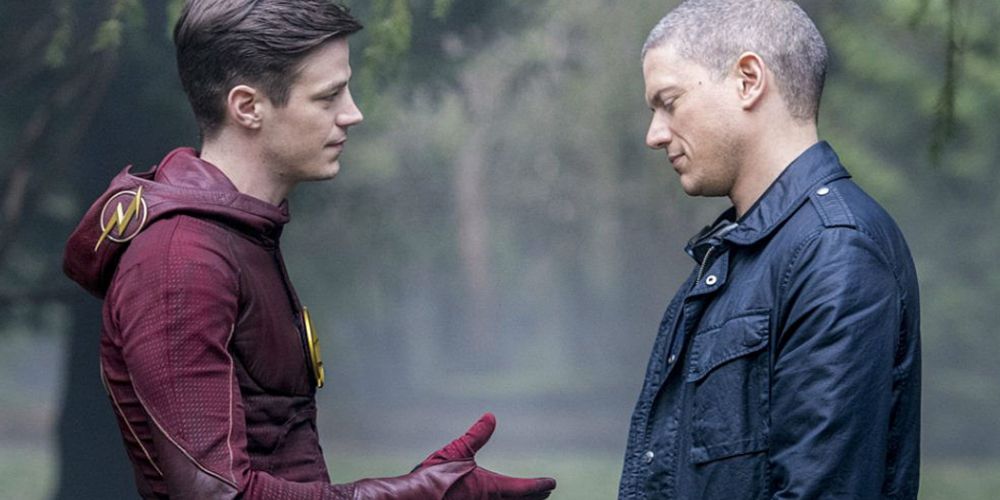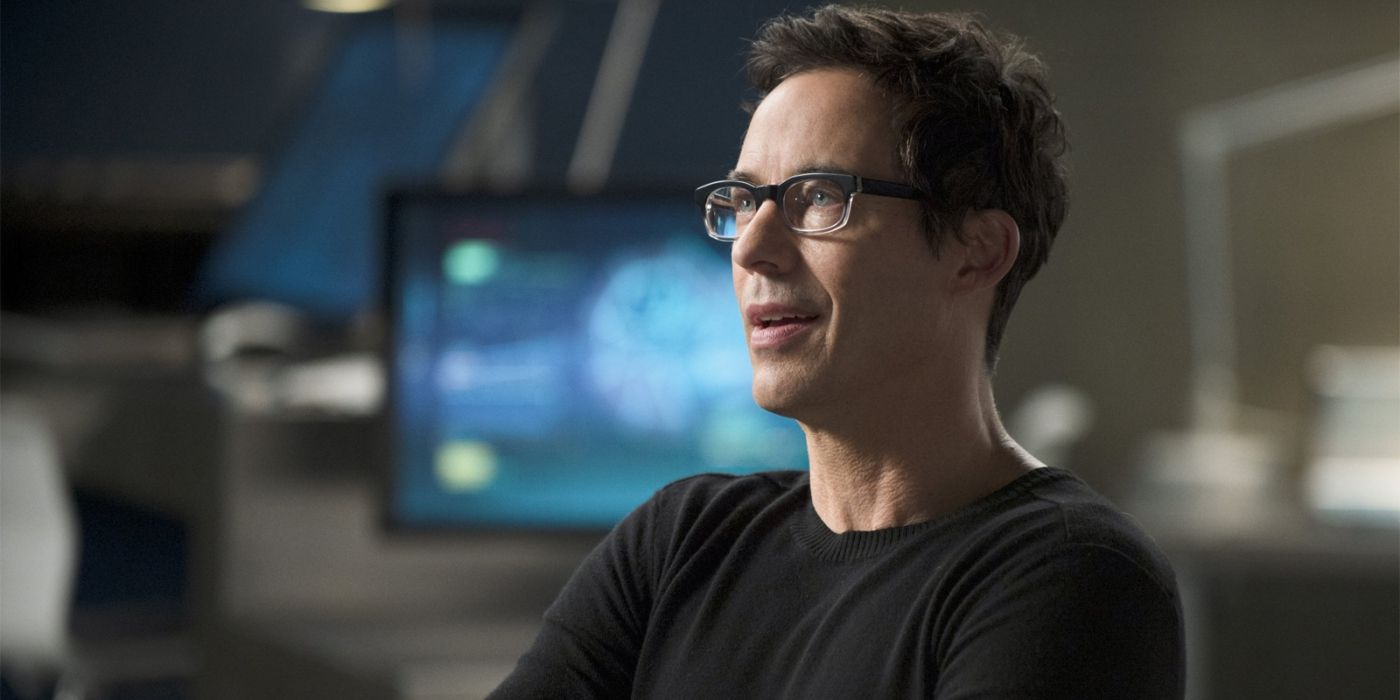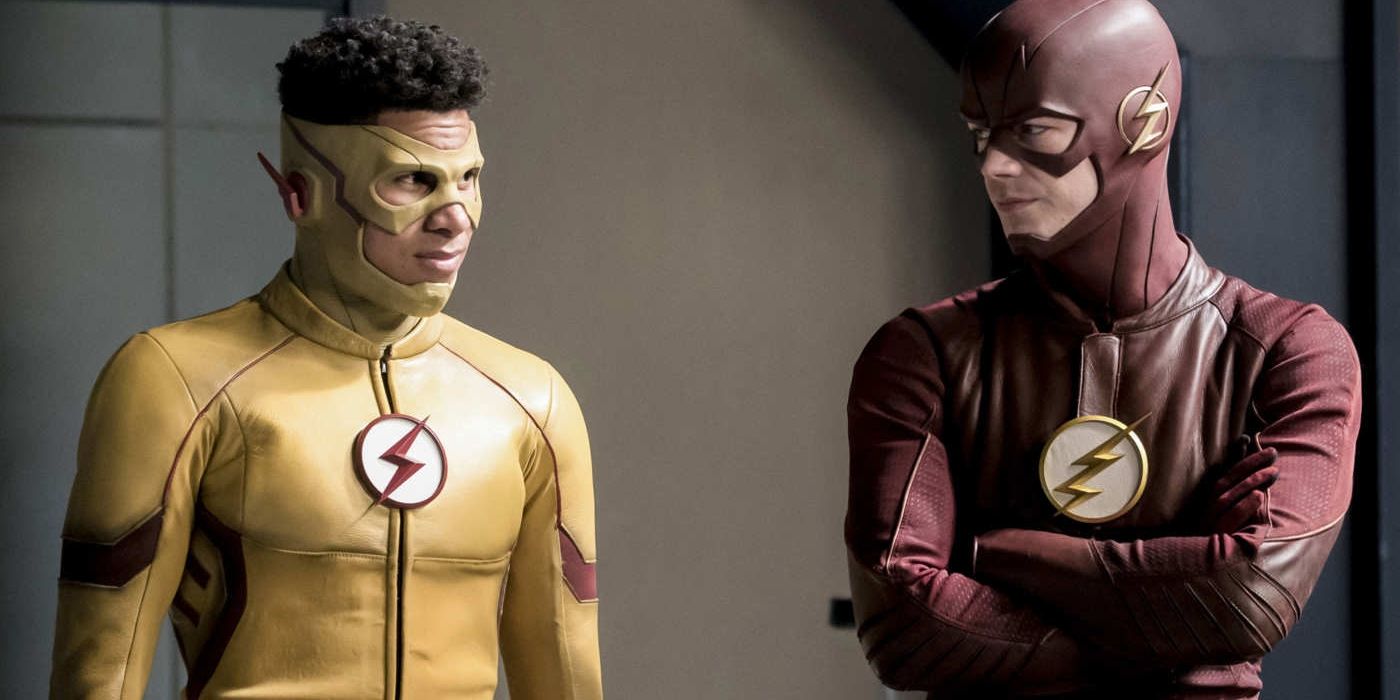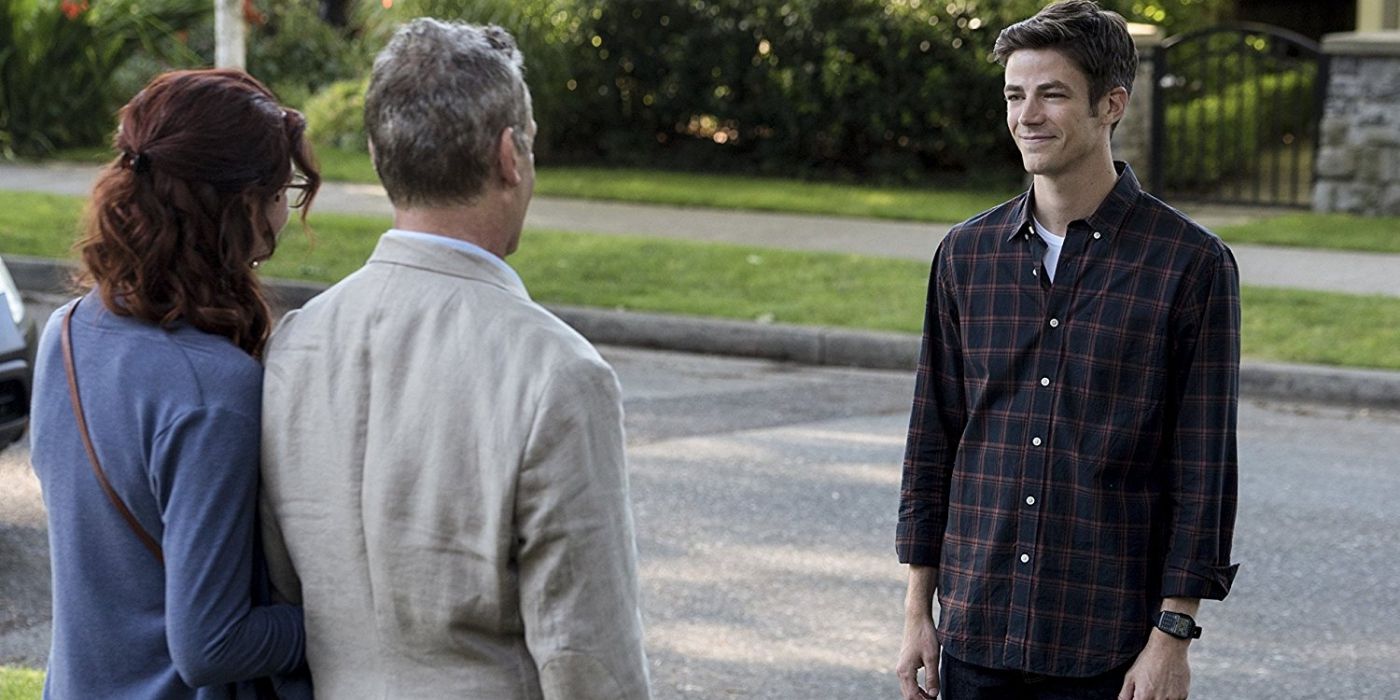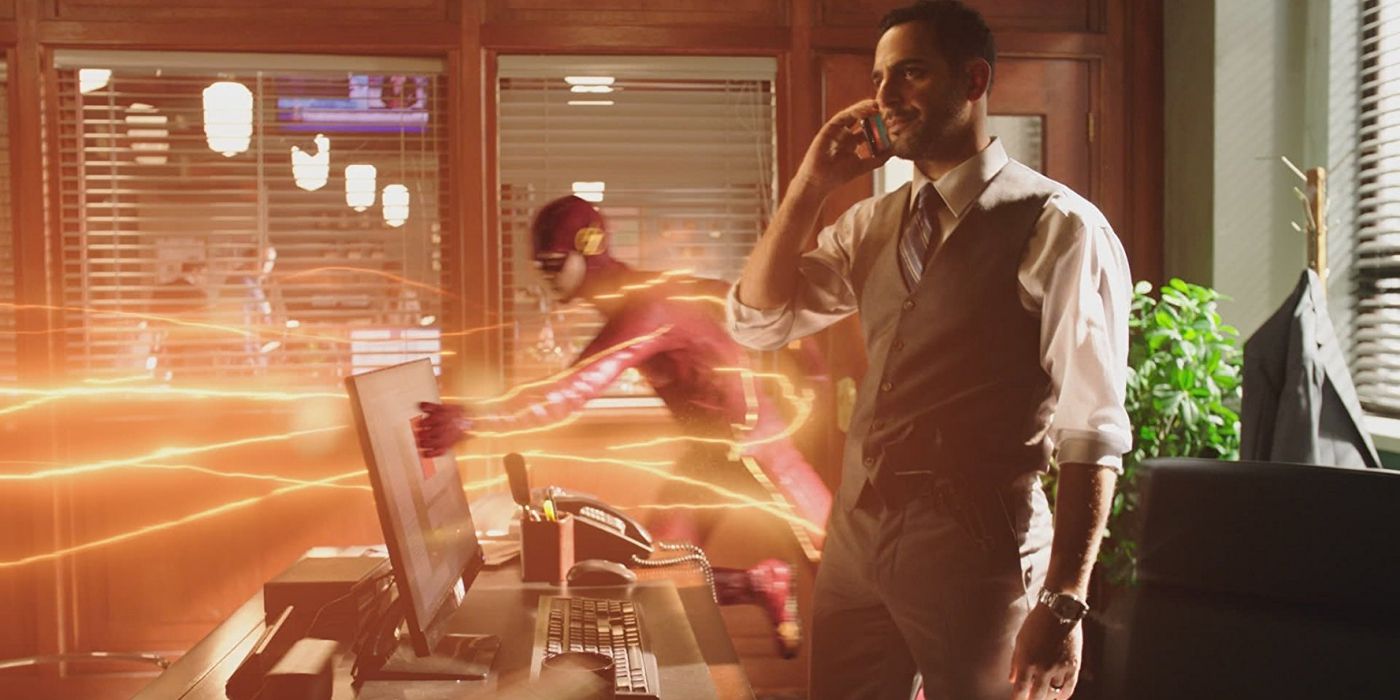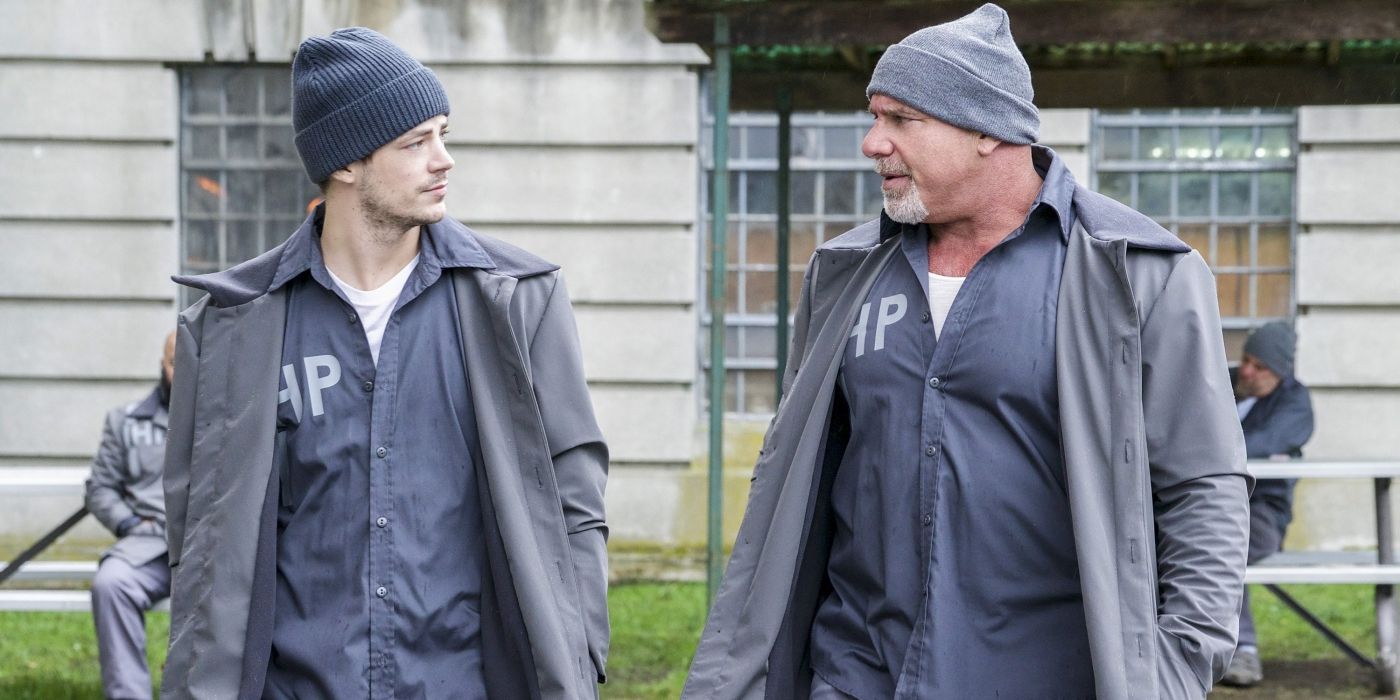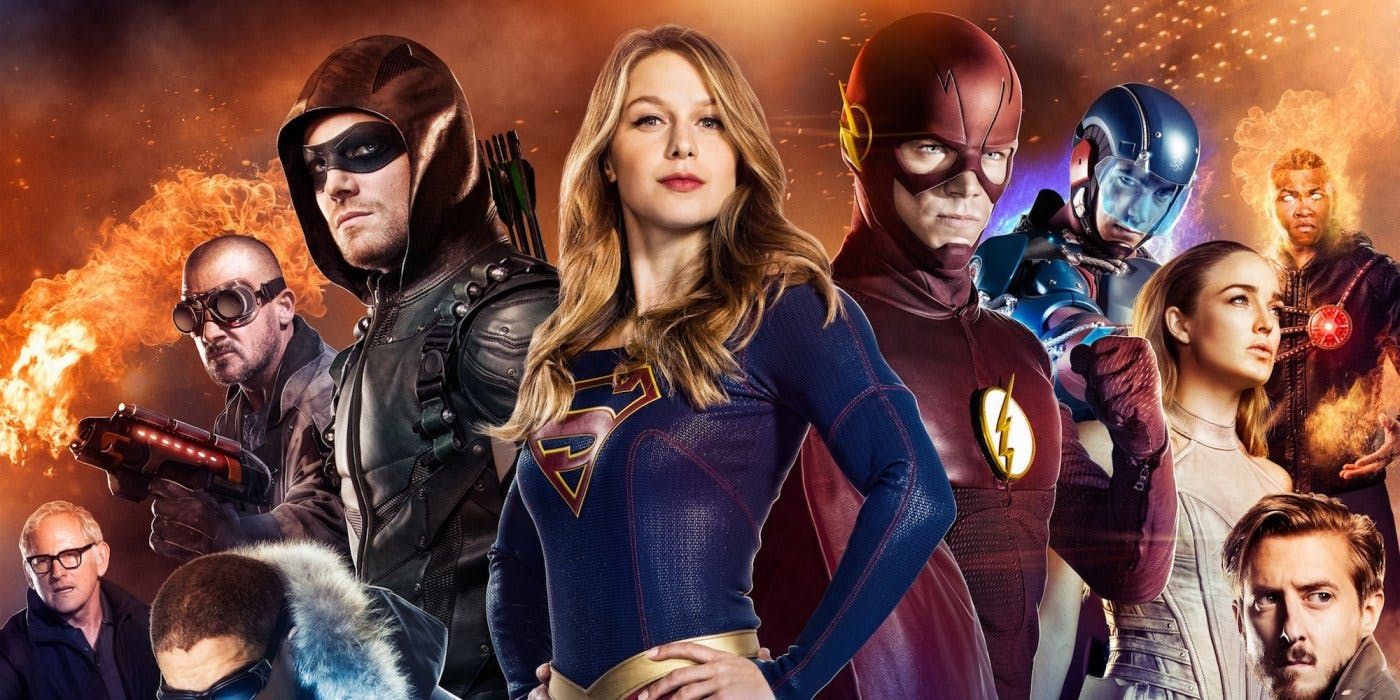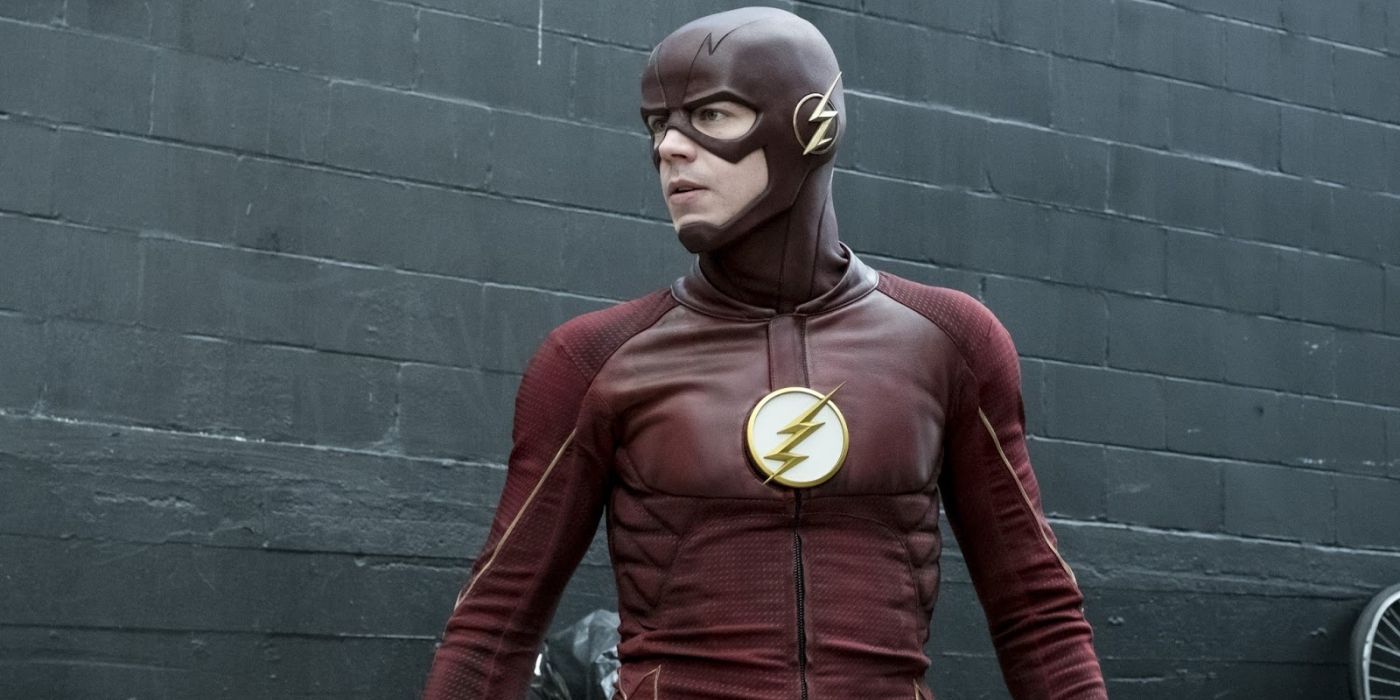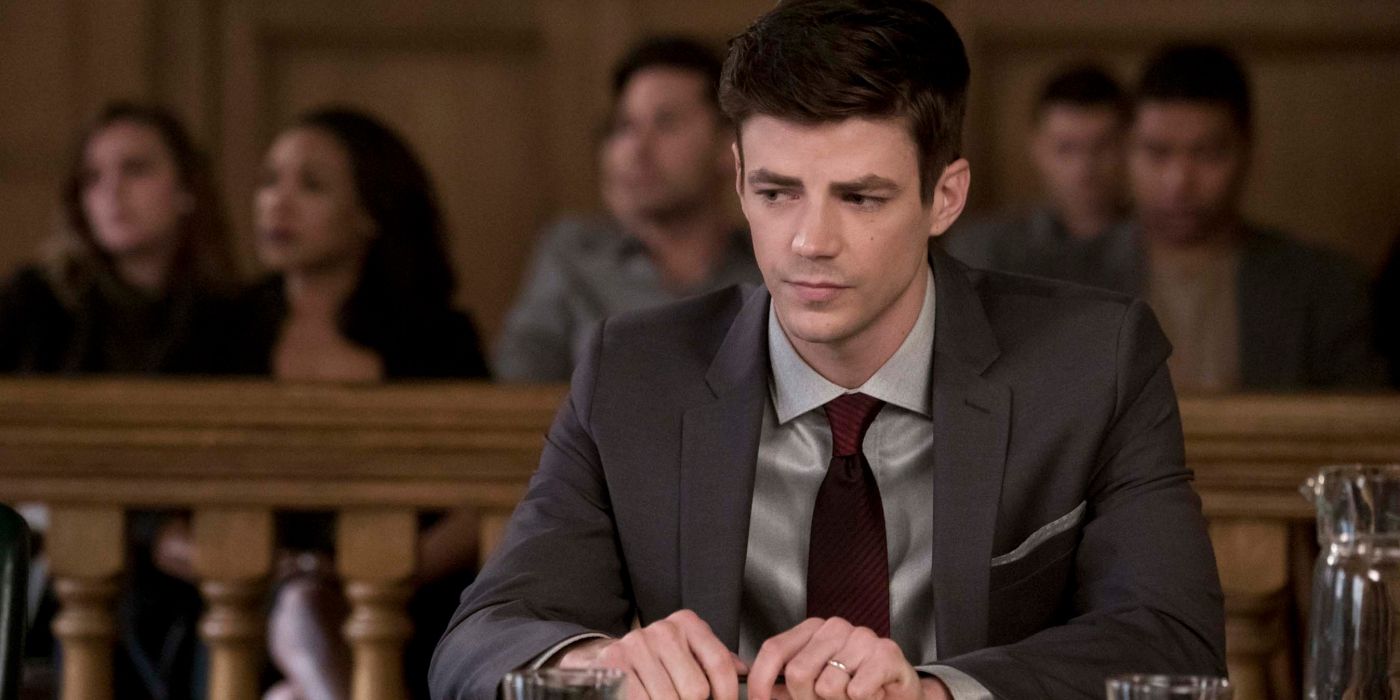Barry Allen is an incredibly complex man; he has to be considering all that he has experienced and endured. As a hero, Barry Allen is even more complex, making him a multidimensional, well-rounded character. This is evidenced by his not always behaving heroically. Like the heroes of yore that many superheroes are styled after (Odysseus, Beowulf, etc.), The Flash is remarkably flawed. He makes mistakes, is known to sometimes veer from the path of righteousness, and does not always lead by example. Often, Barry errs in a fashion that is frivolous or played for humorous purposes. In other instances, however, the Scarlet Speedster’s imperfections lead to critical or fatal consequences. Regardless of severity, all of the flaws that make up the character are worthy of acknowledgment.
The following list will take note of 15 things fans of The CW’s Flash series often have to ignore with regards to the lead character. Admittedly, many of these issues or flaws are now touchstones of the show; they are also arguably touchstones of the Arrowverse. Quite frankly, The Flash probably would not be The Flash without them. By proxy, this version of Barry Allen would not have become the hero we now know and love.
15 HE CAN'T KILL THE REVERSE FLASH
During “Crisis on Earth-X,” the only main antagonist to survive the battle between heroes and villains is Reverse-Flash. Oliver kills Dark Arrow without pause and Kara exhausts Overgirl until the General inevitably dies. Despite overpowering Reverse-Flash, Barry is unable to execute a killing blow. The Flash allows a power-hungry, serial murderer to run free. Again.
There is unending confusion concerning Eobard Thawne’s even being alive. This was Barry’s chance to end him and the madness he perpetuates; Thawne is a threat incapable of controlling himself, after all. His continuous returns seem to stem from the Arrowverse not wanting to rid itself of such a beloved character. If so, why has Team Flash not developed a means by which to permanently imprison Reverse Flash? With Kryptonite in play on Earth-1, it stands to reason a Phantom Zone exists as well.
14 S.T.A.R. LABS' EXTERIOR REMAINS IN RUIN
Apart from glimpses at other Earths and alternate realities, S.T.A.R. Labs’ exterior hasn’t been depicted as whole since the particle accelerator explosion. That’s a long time for what was once the harbinger of new technology to appear stuck in the past. Particularly of note is Barry’s evidently having the means to remodel, yet choosing otherwise. Whatever Wells/Thawne left as Barry’s inheritance must keep the lab running and offer reasonable salaries to Cisco and Caitlyn. Why aren’t funds being put back into improving S.T.A.R. Labs?
Additionally interesting is H.R.’s failure to style the lab into a museum. Apparently, nothing comes of this venture; it’s abandoned not long after debuting. As Team Flash’s headquarters, the exterior destruction keeps eyes off of the happenings within. But it’s odd that no one has a desire to see it appear as though a return to glory is possible.
13 BARRY DOESN'T INVITE RAY PALMER TO HIS WEDDING
The catalyst for the insanity that ensues in “Crisis on Earth-X” is Barry and Iris’ wedding. Their friends come from other cities, the Medieval period, and another Earth to join them on their special day. However, one character in particular is left out of the celebration -- Ray Palmer. Clearly, logistics such as production costs get in the way of all cast members having a part to play. But there are a whole host of characters who appear at the wedding ceremony that Ray should have replaced. Mick Rory is perhaps the most notable of such characters.
Mick’s inclusion boils down to him declaring his disdain for Nazis and his excitement at seeing Killer Frost in action. Sure, Mick and Barry have a past, but Ray’s relationship with all of Team Flash runs much deeper. It’s a shame he wasn’t thought of when invitations were sent across the timestream.
12 BARRY DOESN'T TELL GOLDEN GLIDER ABOUT SNART
Leonard Snart’s sister, Lisa, aka Golden Glider, has been absent from the Arrowverse since The Flash’s sophomore season. Teaming with Snart and Mick, Lisa’s handful of appearances cement her as one of the more compelling villain-of-the-week foes. In addition to that, she also has a fleeting relationship of sorts with Cisco. She manipulates him a few times, using his crush on her as a crutch, but they generally seem to like one another. Thus, the cruelty of her presumably not knowing about her brother’s death doesn’t solely fall on Barry.
When Snart dies during Legends of Tomorrow’s first season, not even Barry learns of the tragedy until several months later. What are the odds that Lisa has been made privy to the fatal circumstances that befell her sibling? Perhaps one of the Legends broke the news, but common courtesy suggests Barry should at least reach out.
11 BARRY IS NOT ALWAYS A TEAM PLAYER
Many superheroes require backup, a team to keep them in line on-mission and under normal circumstances. This team is a lifeline, sometimes acting as a last ditch effort at saving the day, preserving life. But a hero’s arrogance can get in the way of these efforts. Behavior of this kind is expected of characters like the Arrowverse’s Oliver Queen/Green Arrow, who began combating injustice solo. This behavior from Barry Allen/The Flash, who owes his heroism to team effort, is largely unacceptable.
Barry is known for occasionally disregarding instructions from those meant to feed him up-to-date information. At this juncture in The Flash’s history, it’s happens at least once per season. The latest example features in season four’s “Mixed Signals,” wherein Team Flash relays traffic details while he works to stop a car that’s been hacked. Needless to say, the episode earns its title.
10 BARRY STILL WON'T WARN DIGGLE BEFORE USING HIS POWERS
A fan-favorite running gag in the Arrowverse are John Diggle’s animated reactions to superpowers. At this point, the wise and tough to crack Army veteran is used to the craziness that Barry introduced years ago. He seems to have gotten over aliens, metahumans, and time travel. However, one aspect of the speculative fiction fueling the Arrowverse that he can’t seem to overcome is super-speed. Why, then, is Barry so averse to at least warning the man when he’s going to whisk him away?
Maybe Barry forgets Diggle has a weak stomach. The Flash may be so used to everyone accepting his abilities that the one person who isn’t always on board just slips his mind. Honestly, it’s one of the more fascinating facets of their friendship, one that is likely to remain a staple. This is a flaw no one, besides Diggle, wouldn’t mind The Flash adhering to.
9 BARRY ISN'T GOOD AT KEEPING HIS IDENTITY SECRET
Barry Allen’s secret identity as The Flash is not safe with Barry Allen. He’s unmasked himself so many times in front of people who haven’t earned the knowledge that it has become a joke. The joke comes to a head during season four’s “Girls Night Out,” when Barry drunkenly exclaims, “I’m The Flash!” No one takes him seriously, but it’s definitely a nod to his previously being loose with the secret.
In season one, Barry unmasks himself in front of Leonard Snart and select other villains without knowing their true intentions. Surprisingly, it seldom backfires. An instance in the show’s fourth run sees the Speedster reveal his identity to Ralph Dibny, a man he’s had trust issues with in the past. Barry may not want the whole of Central City knowing the man under the red cowl. Yet he doesn’t always do a good job of showing it.
8 THE FLASH LETS HIS EMOTIONS AFFECT MISSIONS
One of The Flash’s greatest strengths is sometimes presented as an unfortunate weakness. His good naturedness, as well as a proclivity for wearing his heart on his sleeve, can be equal parts positive and negative. Barry's allowing his emotions to affect his behavior in the field evinces the negative aspect. There are times in season one where tension between Barry and Harrison Wells causes the hero to ignore instructions.
Another early example is found in Barry’s turning off his communications while going after Captain Cold, because he and Cisco are at odds in “Going Rogue.” Has he matured in this regard? Absolutely, but every so often he has to be reminded that emotions shouldn’t guide the mission. Therefore, it’s a work in progress and likely something he will never entirely overcome. That’s fine, though; he is human. These characteristics make Barry all the more compelling.
7 BARRY'S ROCKY RELATIONSHIP WITH WALLY
When Wally West debuts during The Flash’s second season, he and Barry instantly butt heads. To Wally, Barry can do no wrong. Tension reaches a fever pitch after Wally learns of Barry’s being The Flash. To be fair, Barry tries connecting with Wally through their shared love of the sciences and their desire to help others. Admittedly, the younger West sibling doesn’t make it easy. However, Wally’s transformation into Kid Flash initially seems to bring them closer. Things aren’t always as they seem, though.
Barry’s overprotectiveness borders on patronizing, especially as other members of Team Flash attempt to get Kid Flash more involved. Barry leaves him behind on missions, quells some of Wally’s excitement at being a hero, and sometimes fails to exhibit traits of the ideal mentor. The latter notion leads to Wally seeking help from H.R. Things get better, but it’s unfortunate their team-ups aren’t more memorable.
6 FLASHPOINT
Season two of The Flash closes with a "Flashpoint" tease. While season three doesn’t spend much time on this arc, the ramifications from Barry’s decision to travel back in time and save his mother are pervasive. They’re so affecting that Diggle’s child goes from being baby Sara to baby John Jr. Other changes include the death of Cisco’s brother and Caitlin becoming Killer Frost.
This choice on Barry’s part is a lapse in judgement, a dismissal of the possibilities, and a weakness of character. As Oliver later explains, this choice makes him human. It shows that Barry isn’t always the hero people need him to be. Thus, mistakes are made to the detriment of others. Season three’s “Flashpoint” has become a joke, a meme. Anytime things are going well, here comes Barry to ruin the timeline. If something’s awry, it’s probably because Barry’s already messed up the timeline.
5 BARRY STILL HASN'T REVEALED HIS IDENTITY TO CAPTAIN SINGH
Of the few characters who don’t know Barry Allen is The Flash, Captain Singh’s consistent cluelessness is most frustrating. Why Barry isn’t inclined to tell him is baffling; Singh typically supports The Flash. The confusion escalates during Barry’s trial as Singh defends him, speaking of the forensic scientist’s work ethic despite questionable absences. After the trial, Singh honors The Flash at CCPD for saving lives amidst a deadly threat.
No Barry, shouldn’t publicly reveal himself as Cecile and Iris suggest. However, Singh would be a more effective witness on the stand if he knew why Barry isn’t always the best employee. As the series goes on, Singh’s being in the dark veers past ridiculous. What was once a convenient and sometimes necessary plot point has overstayed its welcome. Unless there’s a distinct reason given, like Singh not wanting to know, it’s past time for the Captain to learn the truth.
4 THE FLASH DOESN'T ALWAYS THINK BEFORE ACTING
Barry’s always had difficulty in thinking before acting. His impetuous way of approaching missions gets him in trouble with Oliver early in their mentor-student relationship. It’s eventually a line he learns to carefully walk, evidenced in his taking Oliver’s advice to Earth-38 and giving Supergirl similar pointers. And, yet, The Flash continuously takes action without carefully thinking things through.
The most recent example is on display in season four’s “Honey, I Shrunk Team Flash.” Despite Team Flash’s effort to clear the name of Barry’s prison ally Big Sir, their attempts work to no avail. Despising injustice's persistence, Barry hastily races Big Sir to a village in China, so the wrongfully imprisoned man may have a chance at freedom. It’s a nice gesture, but now Big Sir is a fugitive residing in a foreign country with no money and merely the clothes on his back.
3 BARRY ISN'T THE BEST TEAM LEADER
Barry may be an idyllic hero of sorts, but he’s never been a good team leader. No other instance demonstrates this better than the “Invasion!” crossover. Barry assembles the Arrowverse heroes to fight Dominators; according to Oliver, this makes him team leader. What’s quickly shown, though, is Barry’s unpreparedness and Oliver having to guide the mission debriefing along. Compared to Green Arrow or White Canary, The Flash should not always be relied on to make difficult choices.
Of course, the Speedster’s shortcomings as a leader are a result of his other flaws. Which explains why level-headed members of Team Flash, the Wells characters and Iris, are often in charge. While this may be a weakness of the hero, it’s a strength of the show. Barry’s not perfect. Therefore, he relies on others; this grounds him in a way the heroics that pervade the series could never accomplish.
2 BARRY IS SOMETIMES SELFISH
Despite his often noted selflessness, Barry Allen is not opposed to behaving selfishly. Inherently, “Flashpoint” is little more than an act of selfishness. In truth, these actions do not happen often, but the rare occurrences warrant mention. Most interesting is that such moments are fueled by instances of emotional weakness. To that end, then, Barry’s behavior is often understandable or even relatable.
This particular character flaw, minor though it may be, is not exclusive to the Scarlet Speedster. Other Arrowverse heroes exhibit similar behaviors, some of which may be considered far more damning. The Flash demonstrating such weakness is another example of his being fallible, which actually works as a strength of character development, proving he is multifaceted. Many characters, including some in the Arrowverse, are not as strongly characterized.
1 BARRY CAN BE OBSESSIVE
For the most part, Barry being obsessive has worked wonders for him. Were it not for his persistence regarding his mother’s murder, his father would never have been cleared of the heinous charges. Additionally, Barry’s desire to constantly better himself as a Speedster saves countless lives and neutralizes many threats. However, there is a downside to the character’s inability to avoid being consumed by something.
It’s usually left to the rest of Team Flash to warn him of these behaviors. On occasion, they succeed. A failure to reason with Barry can often have dire consequences, though; such has been the case in The Flash’s fourth season. His obsession with proving Clifford DeVoe guilty of wrongdoing plays directly into the villain’s plans. Yes, Barry’s suspicions are eventually proven correct, but his refusal to uphold the law leads to his appearing irrational, which ultimately lands him behind bars.

